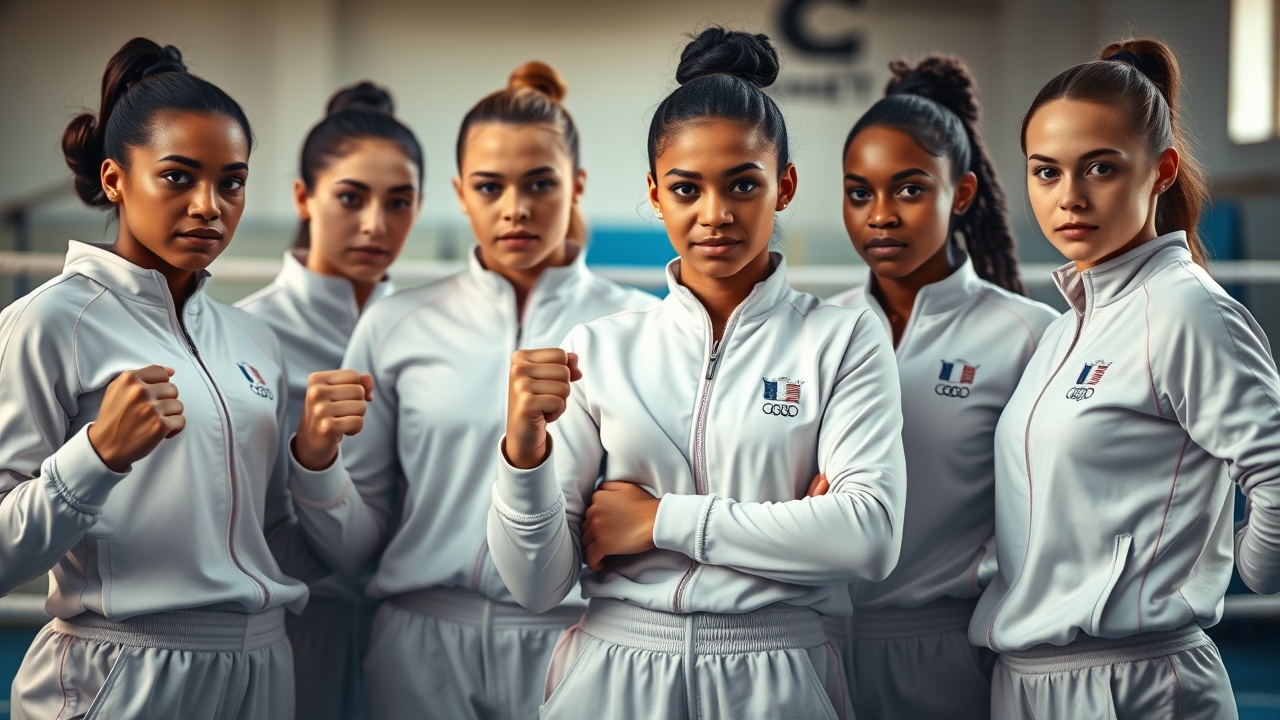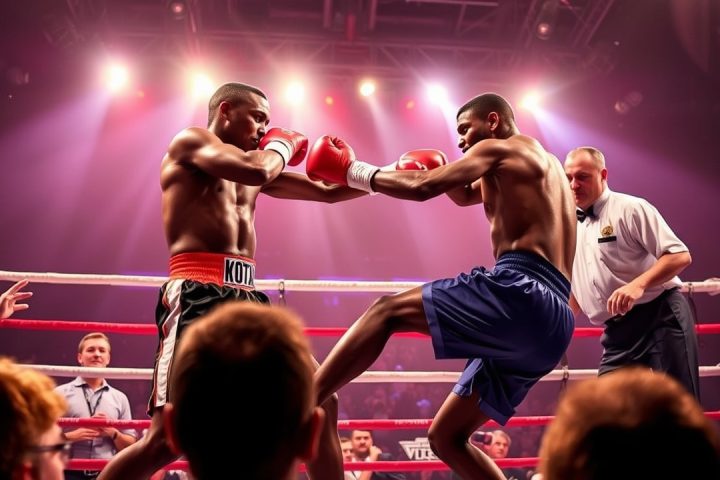Controversy in Boxing Over Gender Testing
The arena of boxing is currently facing a significant controversy following the implementation of gender testing, as highlighted by the recent situation concerning the French women’s boxing team. According to a statement released by the French Federation of Boxing (FFBoxe) on Thursday, the team has been disqualified from competing at the world championships due to the delayed delivery of their gender test results.
Mandatory Genetic Testing Policy
In a policy shift announced in May by World Boxing, female competitors are now required to undergo mandatory genetic sex testing in light of the forthcoming championships in Liverpool, commencing today. This requirement is particularly contentious because such genetic tests have been prohibited in France since 1994, except under specific circumstances. Consequently, the French team had to wait until arriving in England to complete the necessary testing.
The FFBoxe stated that the five-member team had undergone testing at an approved laboratory, with assurances that they would receive results in time to meet the official deadlines. A spokesperson for World Boxing expressed regret about the situation, indicating that some athletes simply could not provide test results by the stipulated deadline.
Backlash from the French Federation
Yet, backlash from FFBoxe has been intense. In an official statement, the federation expressed their shock and anger upon learning late Wednesday that their team would not be able to participate in what is the inaugural world championships organized by World Boxing. They emphasized that despite the assurances from World Boxing, the laboratory selected failed to deliver timely results, leading to the exclusion of their athletes, along with competitors from other nations.
Athlete Reactions
Maelys Richol, one of the athletes affected, expressed her feelings of frustration and anger at the circumstances, lamenting that their year-long preparation culminated in an exclusion unconnected to sport but stemming instead from poor logistical management. Richol, who was set to participate in the -65 kg category, reflected on the emotional toll of the decision.
Current Regulations and Broader Implications
Under the current regulations enacted by World Boxing, all competitors above the age of 18 are required to undergo a PCR genetic test to verify eligibility for competition. This new mandate comes amid ongoing organizational challenges within boxing, as World Boxing has been tasked with overseeing the sport for the upcoming Los Angeles Olympics in 2028.
The introduction of gender testing in boxing has ignited heated discussions, especially since incidents during the recent Paris Olympics where athletes Imane Khelif and Lin Yu-ting were entangled in a gender eligibility controversy. Both were initially barred from competing in the International Boxing Association’s (IBA) world championships, but later reinstated by the IOC for the Olympic Games, where they subsequently secured gold medals. Khelif now challenges the genetic testing policy through the Court of Arbitration for Sport, although neither boxer will compete in the current championships in Liverpool.
The situation has drawn broader attention to the eligibility debates within women’s sports across various disciplines, including athletics and swimming.




